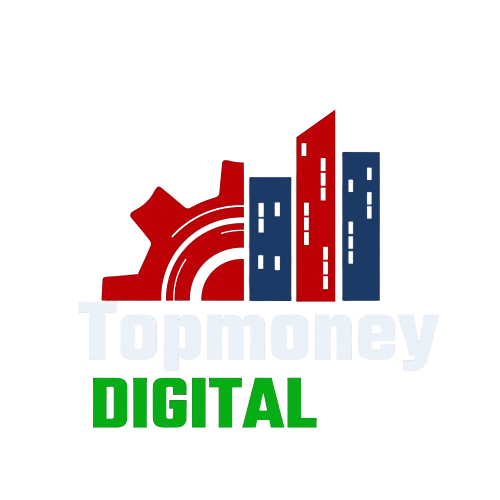
Tokenization of Carbon Credits: JPMorgan leads blockchain innovation

The tokenizzazione dei carbon credit takes a decisive step forward thanks to the initiative of JPMorgan Chase & Co., which aims to revolutionize the management of environmental certifications through blockchain technology.
The US bank announced an experimental partnership with three leading companies in the carbon credit sector, focusing on the digital transformation of a crucial market for global sustainability.
The role of JPMorgan in the tokenization of carbon credits
“`htmlJPMorgan, through its Kinexys division specializing in blockchain, aims to tackle one of the main challenges in the environmental sector: the transparency and traceability of carbon credits.
These represent certificates that certify the offsetting of one ton of CO2 emissions. However, the path from the creation to the retirement of these credits is often opaque and subject to inefficiencies, resulting in risks for both companies and markets.
To respond to this need, JPMorgan has partnered with S&P Global Commodity Insights, EcoRegistry, and International Carbon Registry.
The goal is to assess whether blockchain can ensure not only transparency but also effective management of the entire lifecycle of credits, from their emission to final retirement.
Tokenization consists of transforming an activity or a physical asset, such as carbon credits, into a traceable digital token on the blockchain.
In this way, each carbon credit can be uniquely identified, allowing its ownership and status (active, transferred, retired) to be known at any time.
The experimental application developed by JPMorgan aims to digitize the credits already present in the registry systems managed by the three partners, integrating these data into a blockchain platform.
By doing so, it will be possible to track in real-time every movement, eliminating the risk of double compensations and improving trust in the voluntary sustainability markets.
Adopting blockchain in the green asset sector offers multiple benefits. First of all, the transparency of distributed ledgers ensures that every transaction is immutable and accessible to the actors involved.
Furthermore, traceability significantly reduces fraud and the risk of repeated use of the same credits.
- Greater reliability in transactions and in data validation.
- Immediate access and automatic certification of ownership and history of credits.
- Operational efficiency through the digitalization and automation of the carbon credit lifecycle.
As a result, the mercato dei carbon credit could attract a growing number of institutional and corporate investors, promoting new standards of quality and verification.
The partners involved in the pilot project
The choice of S&P Global Commodity Insights, EcoRegistry, and International Carbon Registry reflects the desire to cover a wide range of processes and platforms for carbon credit registration.
Each of these companies holds specific expertise and widespread systems in the market. This multiple collaboration reduces the risk of incompatibility issues and facilitates a smooth migration towards a tokenized future.
According to the statement released on the official date, the partners will work together to explore the possibility of applying blockchain not only to registration but also to routine activities such as tracking ownership and the life stages of credits.
A test that, if successful, could serve as a benchmark for the digitalization of the environmental sector.
The introduction of tokenizzazione and blockchain in the management of carbon credit goes far beyond the mere adoption of new technologies.
A revolution is emerging in the way companies, governments, and investors will be able to measure, trade, and verify their climate commitments.
With the possibility of expanding this experimentation, the benefits could indeed be reflected throughout the environmental assets system, promoting more ambitious decarbonization goals and greater accountability for companies.
The decisive contribution of technology to climate goals
The ambition of JPMorgan does not stop at merely improving internal processes. The use of blockchain could lay the foundation for international verification standards, opening up to more robust schemes of cooperation between markets, registries, and regulatory bodies.
In this way, it would be possible to overcome many of the critical issues that over the years have limited the real effectiveness of carbon credits and their large-scale acceptance. The initiative of JPMorgan Chase & Co., in collaboration with S&P Global Commodity Insights, EcoRegistry, and International Carbon Registry, represents a fundamental step towards the modernization of carbon credits.
The adoption of tokenizzazione through blockchain promises transparency, security, and efficiency for a key sector in the challenge against climate change.
If the experimentation is successful, it will pave the way for a more reliable and inclusive market, where trust in environmental assets can foster a real and lasting global impact.
Companies, investors, and institutions are called to closely follow this evolution, ready to seize new opportunities in the ecological and digital transition of the next decade.
